Standing on stage, Kimberly Holley stepped to a microphone and spoke with a slight quaver in her voice.
Holley was addressing about 150 people assembled at “The Gathering Place” gymnasium inside the Burma Center, located in Battle Creek’s metropolitan area, during a Jan. 17 National Day of Racial Healing event.
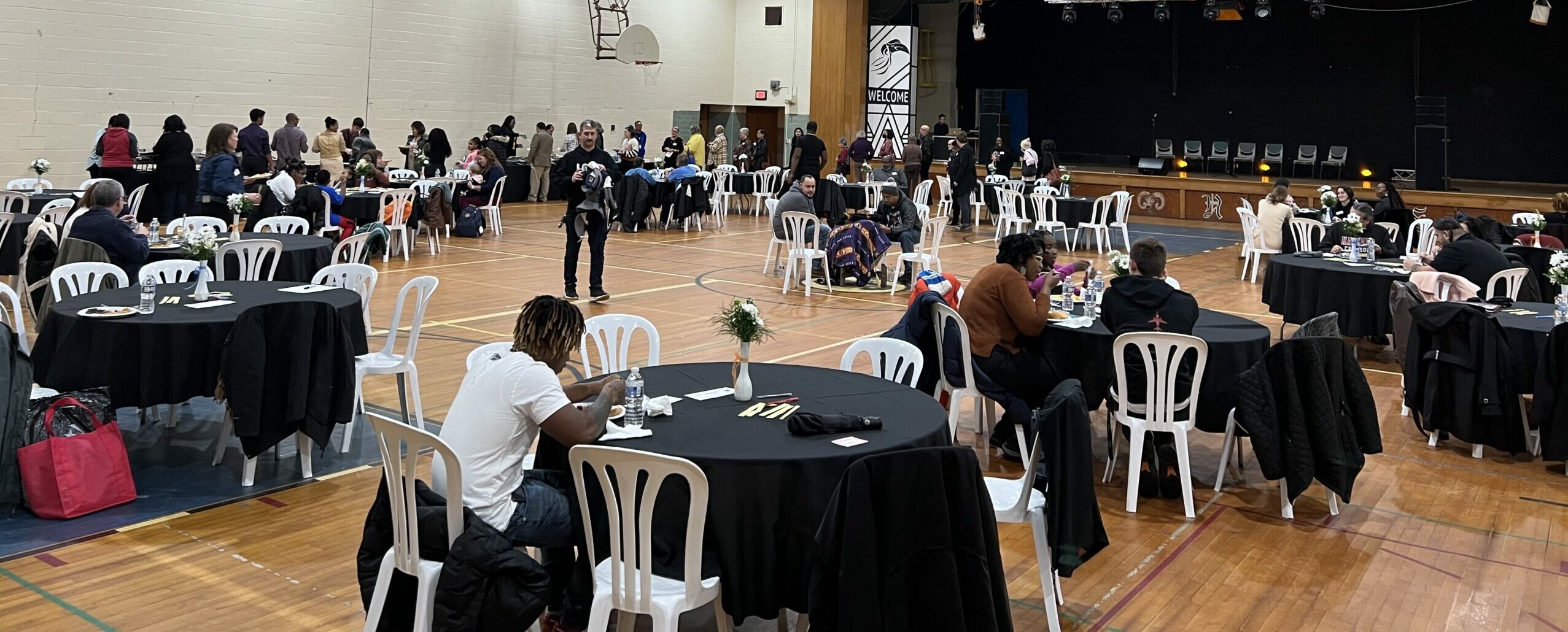
The moment was bittersweet for Holley, as she announced that she was stepping down from her leadership role as co-chair of the Battle Creek Coalition for Truth, Racial Healing and Transformation (BCTRHT). She had held the position for five years, after accepting a newly-created position for the City of Battle Creek as its first diversity, equity and inclusion officer.
The announcement, and the larger gathering in which it happened, serve as examples of the continued commitment to advancing racial equity in the southwest Michigan community.
“It’s been an honor to serve in this leadership role, to launch this amazing initiative and be part of a collective effort that is nationwide,” Holley said emotionally. “I have really developed relationships with people I am so close to, where had I not been involved in this work, I don’t know if our paths would have crossed.”
With support from the W.K. Kellogg Foundation, BCTRHT aims to serve as a catalyst for a racial equity movement in Battle Creek by creating a new multi-racial narrative. At the heart of that effort, Holley said, is relationship building and trust.
“It’s really these relationships and how you set the environment to be able to have those thoughtful conversations and discuss those experiences – that’s how the game changes,” Holley said. “We identified a way to create an environment to have these conversations where people feel like they can bring their whole selves into the room and talk to one another.”
Adding community voices to a national conversation
The National Day of Racial Healing, observed annually since 2017 on the day following Martin Luther King Jr. Day, offers an opportunity for people, organizations and communities to come together, call for racial healing and take collective action to create a more just and equitable future for children.
Battle Creek’s Jan. 17 celebration featured a free community dinner with music, dancing, drumming and author readings from BCTRHT’s 2022 book, “How We Heal: An Anthology of Personal Testimonies about Racial Healing in Battle Creek.”
Among the “How We Heal” authors at the Jan. 17 event, Jose Luis Orozco Jr. read his excerpt about being the only Latino to attend his high school in Mississippi. Despite challenges, he said it led him on a journey to becoming executive director for the nonprofit Voces, which serves the Latinx community in Battle Creek.
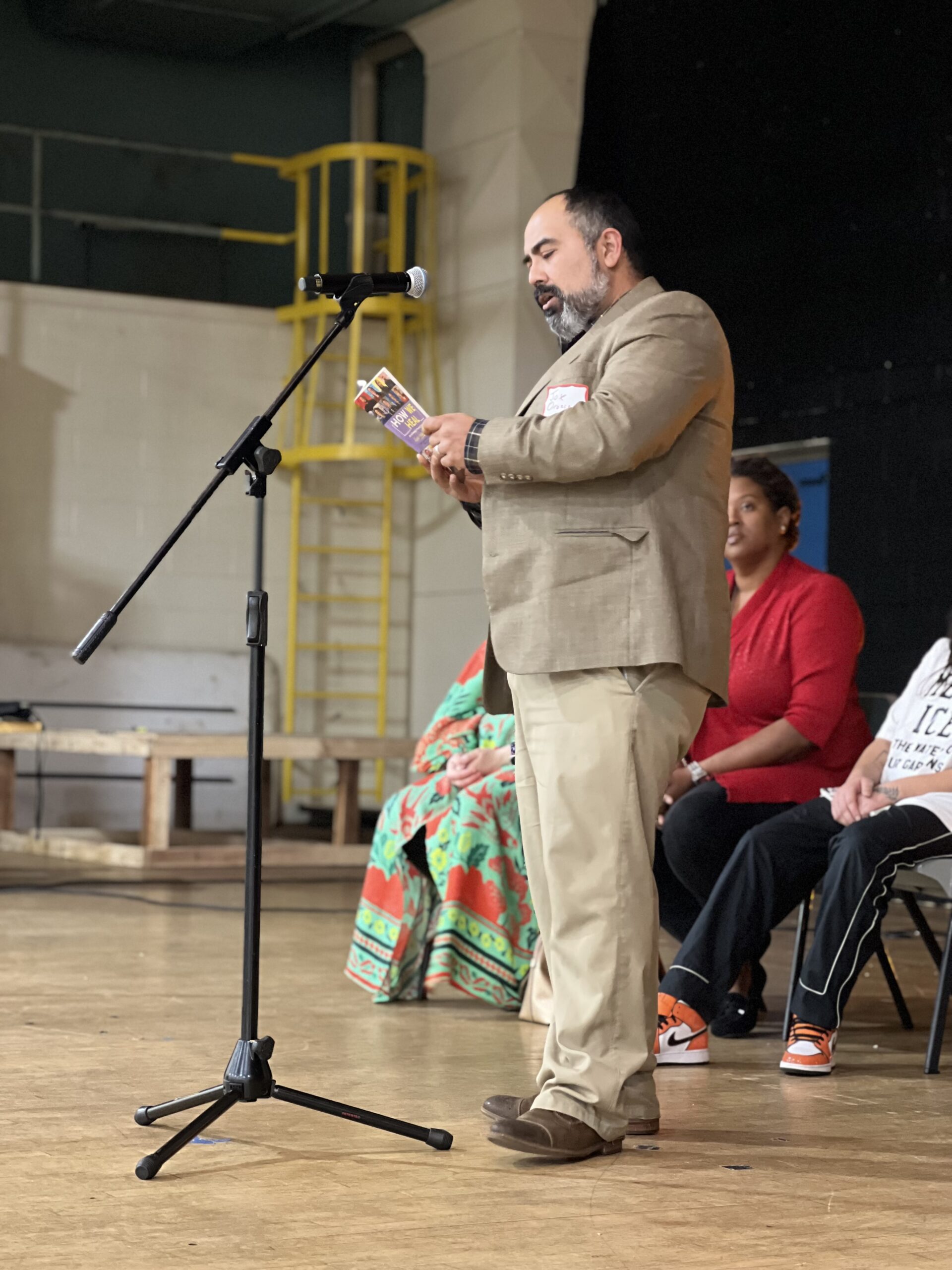
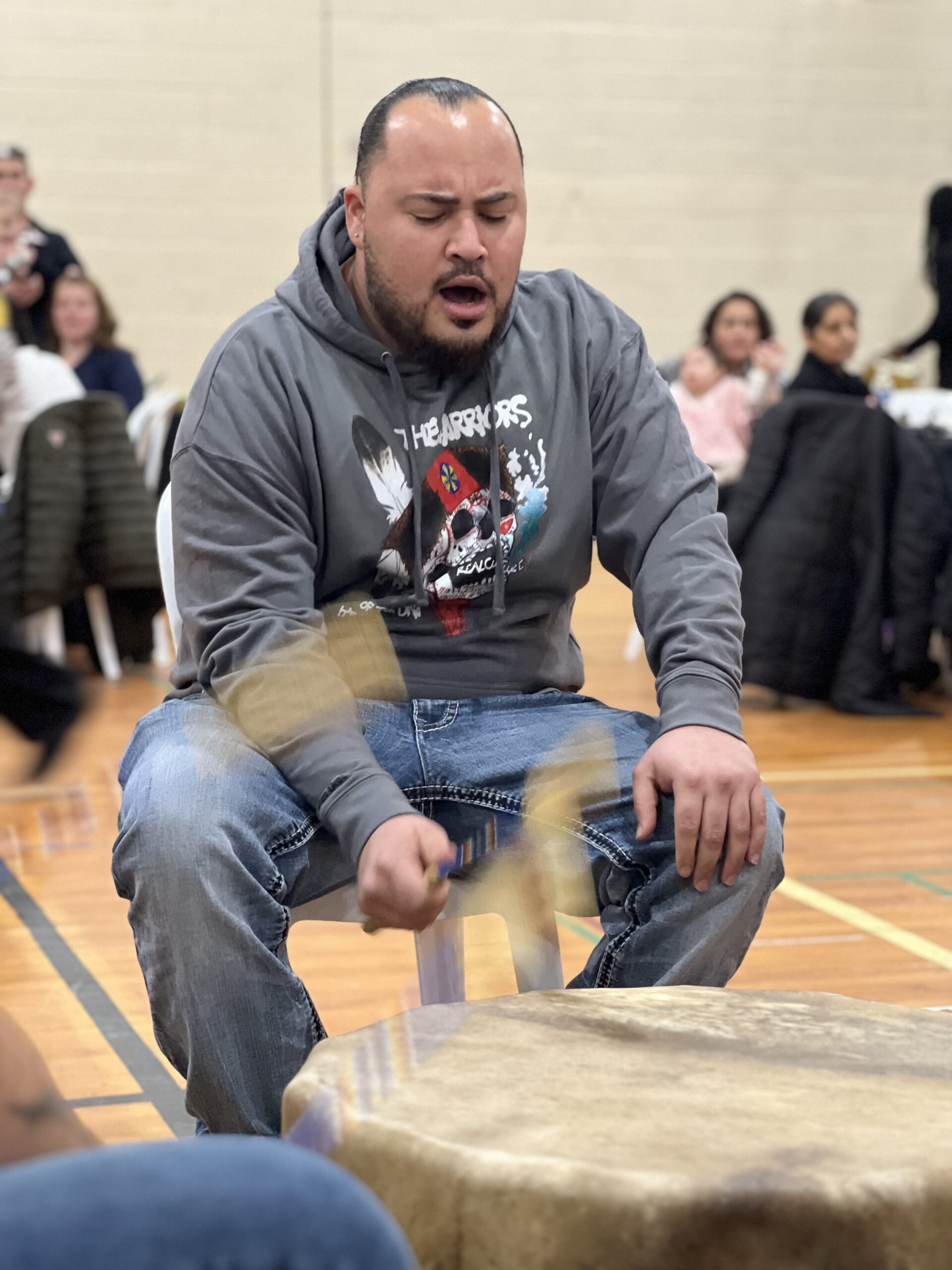
“Today is important because it highlights what we should not shy away from: having conversations that are tough,” Orozco said. “Growing up, I remember hearing, ‘You don’t talk about religion, you don’t talk about politics, and you don’t talk about race.’ And I’m thinking, that was wrong. We shouldn’t shy away from those conversations. That’s what probably led to some of the turmoil you are seeing right now across the nation. I think we should lean in and be comfortable with being uncomfortable. That’s how we grow as individuals.”
Along with fellow tribal members of the Nottawaseppi Huron Band of the Potawatomi, Tribal Council Chairperson and BCTRHT task force member Jamie Stuck helped kick off the event with an opening prayer and a welcome song shared by a Native drum group.
We’re bringing so many aspects of our culture into it, and I’m learning about other cultures as well,” Stuck said. “I’ve always been interested in civil rights. That’s the best part of my job, I get to be a voice for those that can’t speak now, a voice for our ancestors from the past and a voice for generations that aren’t here yet.”
For BCTRHT co-chair Rosemary Linares, the Jan. 17 gathering was extra special: it was the first time it had been celebrated in-person since the COVID-19 pandemic outbreak.
“It’s important to intentionally come together around a day where we honor the importance of racial healing, dialogue, trust building and relationship building – and do that in person,” Linares said. “We had to pivot and adjust a lot as a result of the pandemic, but the humanity part of togetherness was always missing. So, it’s really rewarding and refreshing to come together.”
Tha Par, executive director for The Burma Center and a BCTRHT member, was among the dozens who took to the dance floor as Nanou Djiapo African Drum and Dance performed at the conclusion of the event.
“I’m grateful for all the people who invested time and energy to all of these things, and I hope the rest of the community will continue to come out and support, and the events will continue to grow every year,” Par said. “Oftentimes, we think (racial healing) has to be so serious or you have to be afraid to talk about these topics. But we can talk about the truth and still dance at the same party.”
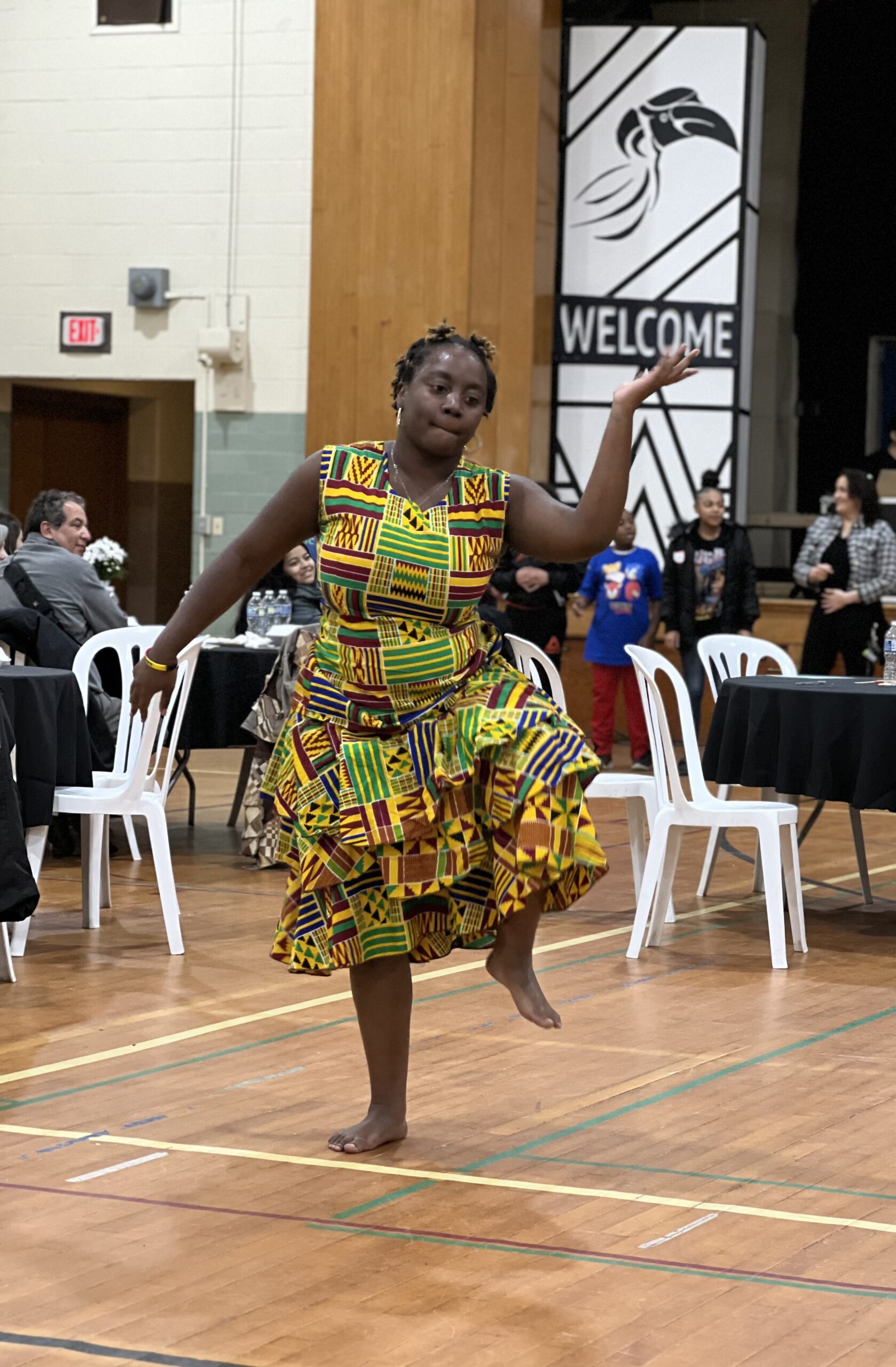
Racial healing requires more than one day
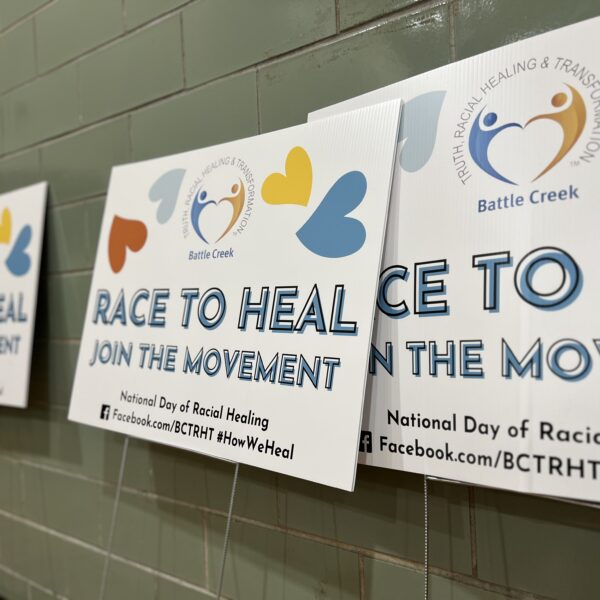
BCTRHT will continue its work to change the narrative in Battle Creek through its 2023 Racial Healing series. Community members can register for in-person healing circles at First Congregational Church on Thursdays and Saturdays through March 25, or virtually on Zoom each Tuesday through March 28. The sessions offer a customized racial healing experience led by trained practitioners, aimed to open the hearts and minds of participants to more fully engage in relationships in the community across racial affinity and differences.
“It’s all about communication, building relationships with people and healing ourselves before we try to heal other people,” said Boonikka Herring, a BCTRHT racial healing practitioner. “We have to encourage people to use their voice… It’s a collection of people who are committed to the work, and a space for people to release all that pent up aggression and trauma. It’s powerful stuff.”

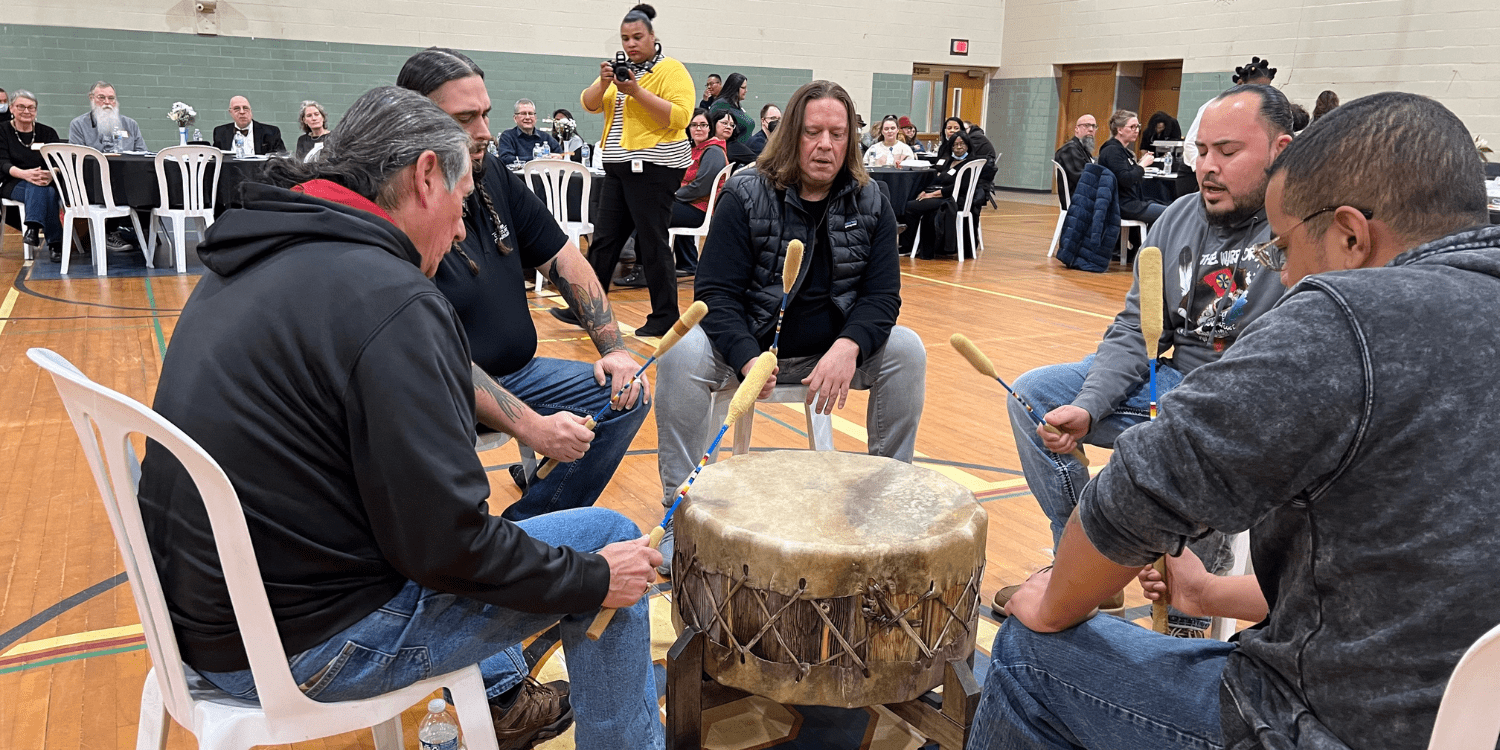
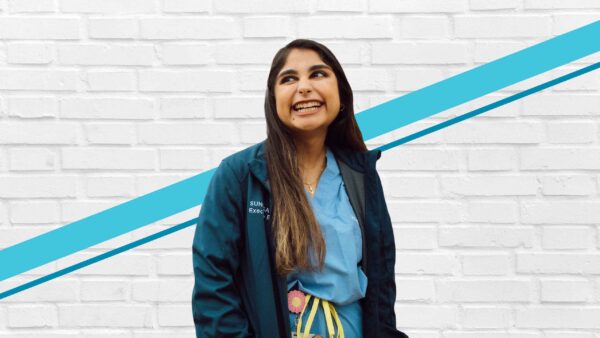
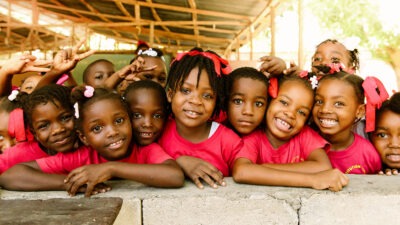
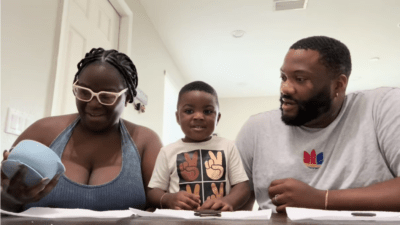

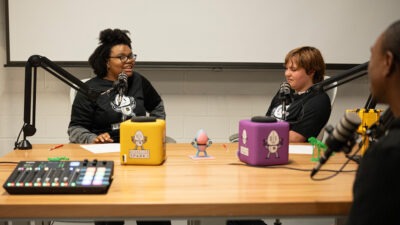

Comments